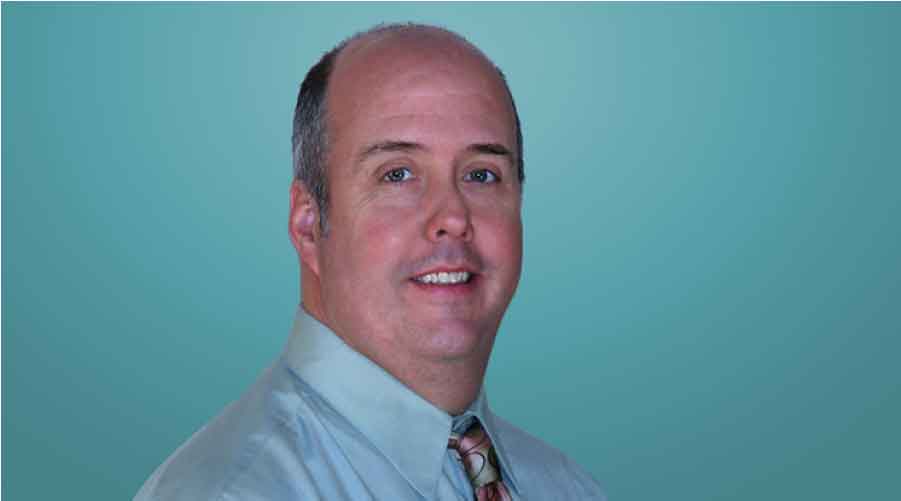Sustainability Executives Need Knowledge of Workings and Priorities of Organization
While facility executive to sustainability executive is a natural evolution, what's most important is a strong knowledge of the workings and priorities of the organization, say experts. A 2011 report from The Weinreb Group titled "CSO Back Story: How CSOs Reached The C-Suite" looked at the first 29 CSOs at public companies. According to the report, the CSOs had been with the company for an average of 16 years before given the CSO title (25 of the 29 had been hired from within the organization).
"You have to try to get as broad an understanding of your organization as you can, so you can see opportunities," says Schulz. It's not hard to understand why this is important: It's because the sustainability executive needs to work with everyone in the organization. To set the sustainability agenda for the organization, building bridges to other departments is a must.
At the University of California, Los Angeles (UCLA), Nurit Katz, chief sustainability officer, says she works closely with faculty, students, administration, and every other university department — including facilities, where her sustainability department is housed.
"A big challenge is managing people and projects that don't directly report to you," says Katz. This takes leadership, tenacity and the ability to get people to work together. "Sustainability means crossing silos in an organization," says Conley. "It means not breaking down silos, but uniting them."
Employees do usually understand that sustainability is important for the organization, but they're busy too. So it's incumbent upon the sustainability executive to show them the value of what they're working on and how they benefit from particular initiatives. Indeed, it's critical for the sustainability executive to frame any argument in the terms that emphasize the priorities of the employee, department, or organization at large. "You can't be seen as just a greenie or tree-hugger who is just trying to do the 'right thing,'" says Dan Probst, chairman of energy and sustainability services for Jones Lang LaSalle. "You have to be seen as the person driving performance, implementing operational savings and creating money to redeploy in other areas. This is not just about saving polar bears, it's about business efficiency."
This is a strategy Weinreb emphasizes as well: "Be a 'corporate chameleon,'" she says. "Use the language of the person you're talking to. Figure out 10 different ways to say the same thing."
Related Topics:














